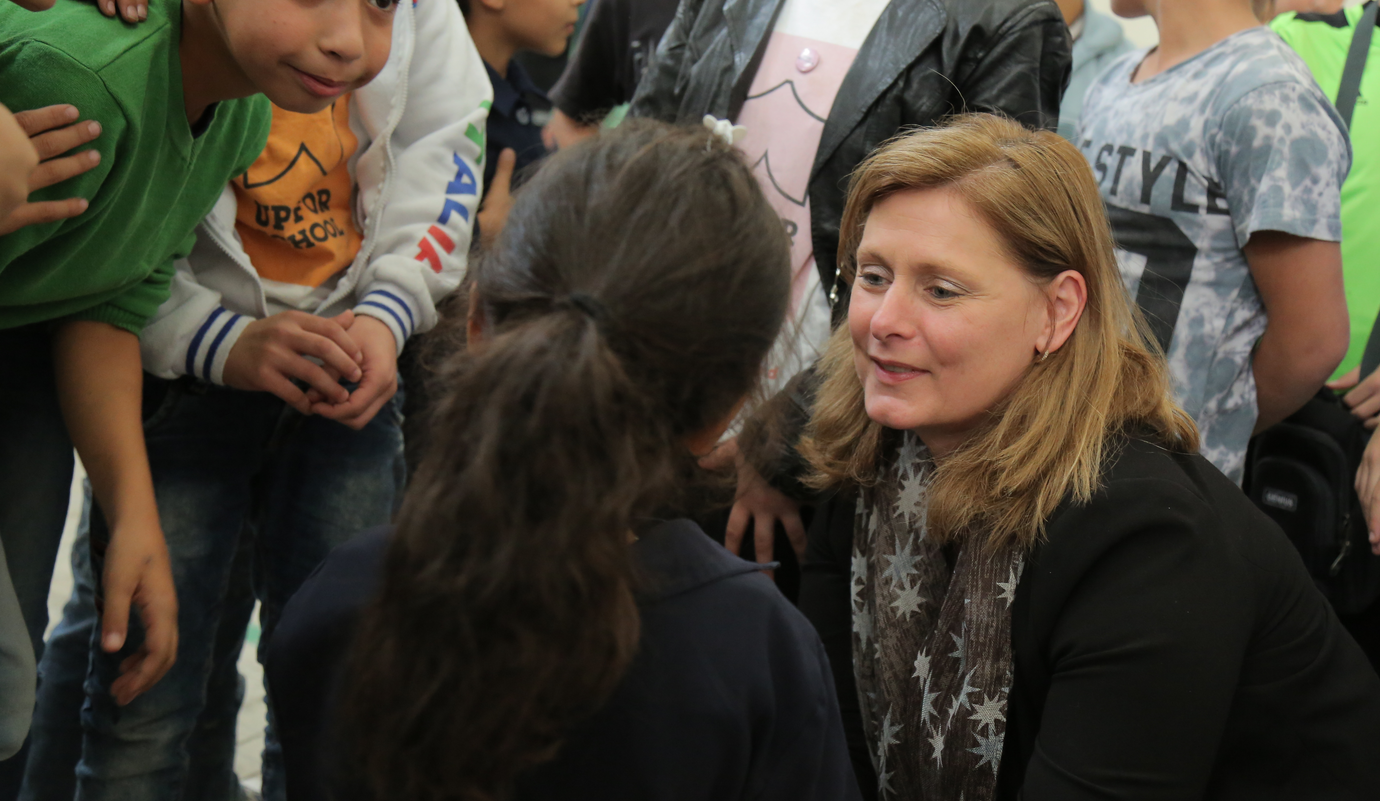
School meals crisis hits 1.5m vulnerable children in West and Central Africa
Barriers to education, Education funding, Health and nutrition
A funding shortfall could see students losing their only nutritious meals or even dropping out of school in several countries, the World Food Programme has warned.
A lack of funding for schools meals could see more more than 1.5 million vulnerable children across West and Central Africa go hungry in the classroom or drop out altogether.
As the new school year started, the United Nations World Food Programme (WFP) warned of a $76 million gap that could affect the only nutritious meals many children in the region eat each day.
School meals increase attendance and performance rates. They are key in encouraging parents to send their children – particularly girls– to school and keep them going back.
“By failing to fully fund school meals, we are collectively short-changing the next generation and Africa’s future,” said WFP West and Central Africa Regional Director Abdou Dieng.
“School meals are one of the best investments the international community can make to ensure a head start for young children in some of the world’s poorest countries.”
In conflict-torn Central African Republic, WFP’s school meals programme aims to reach more than 200,000 children. But it only 50% funded.
Worse hit is Burkina Faso’s programme, which is meant to reach almost 83,000 children – but has no financing.
In Niger, where WFP school meals reach more than a quarter of a million pupils, the programme is only 19% funded and Senegal’s programme only 5%.
Other countries particularly at risk include Liberia, Mali, Mauritania and Niger.
“We are talking about some of the hungriest and most vulnerable children,” Dieng said.
“This is a crisis for education, but also a crisis for nutrition and food security which are the fundamental pillars of development.”
More news

